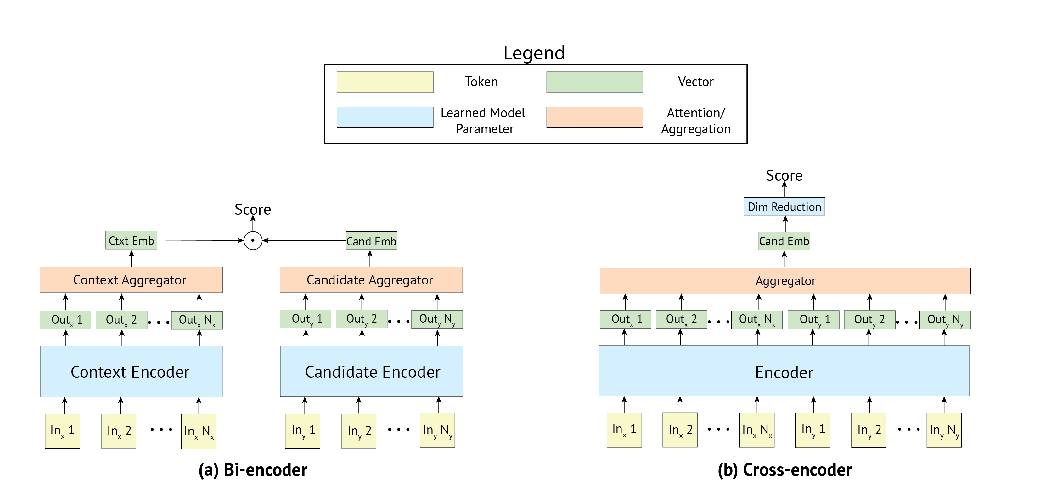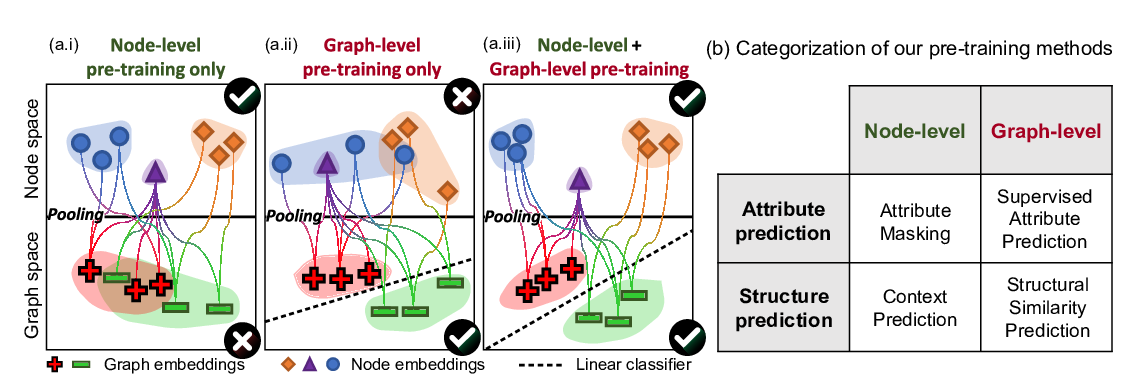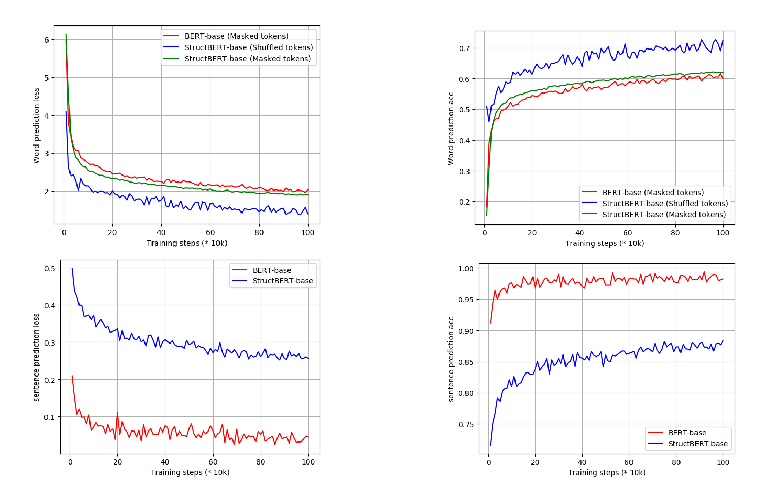Abstract:
We consider the large-scale query-document retrieval problem: given a query (e.g., a question), return the set of relevant documents (e.g., paragraphs containing the answer) from a large document corpus. This problem is often solved in two steps. The retrieval phase first reduces the solution space, returning a subset of candidate documents. The scoring phase then re-ranks the documents. Critically, the retrieval algorithm not only desires high recall but also requires to be highly efficient, returning candidates in time sublinear to the number of documents. Unlike the scoring phase witnessing significant advances recently due to the BERT-style pre-training tasks on cross-attention models, the retrieval phase remains less well studied. Most previous works rely on classic Information Retrieval (IR) methods such as BM-25 (token matching + TF-IDF weights). These models only accept sparse handcrafted features and can not be optimized for different downstream tasks of interest. In this paper, we conduct a comprehensive study on the embedding-based retrieval models. We show that the key ingredient of learning a strong embedding-based Transformer model is the set of pre-training tasks. With adequately designed paragraph-level pre-training tasks, the Transformer models can remarkably improve over the widely-used BM-25 as well as embedding models without Transformers. The paragraph-level pre-training tasks we studied are Inverse Cloze Task (ICT), Body First Selection (BFS), Wiki Link Prediction (WLP), and the combination of all three.


